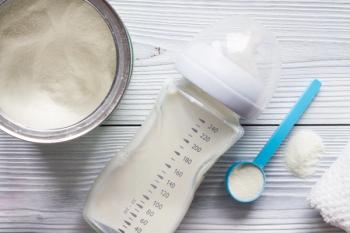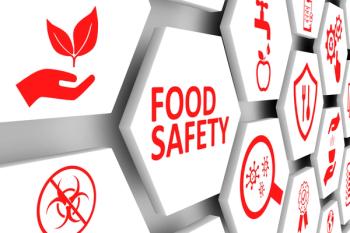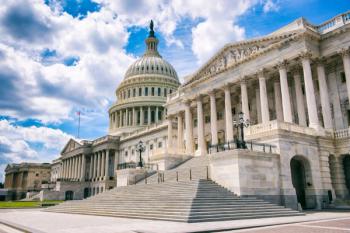
Multidisciplinary, proactive plans, and student self-sufficiency are vital.

Multidisciplinary, proactive plans, and student self-sufficiency are vital.

What kind of person comes to mind when you think of eating disorders? Here’s why you might be wrong.

Small shifts in your communication style and tactics when discussing obesity with patients can significantly impact how your message is received.

VIVUS LLC announced the US Food and Drug Administration's approval of QSYMIA (phentermine and topiramate extended-release capsules) for the treatment of obesity in adolescents ages 12 to 17 years.

Address concerns that a child is not eating a balanced diet through education, reassurance.

The United States Food and Drug Administration (FDA) has approved the import of over 66 million servings of infant formula from Singapore, focusing on supply for vulnerable consumers.

In Taiwan, a recent study examined whether mothers who had food safety–related risk perceptions of mercury led to lower exposure in mother and child.

A look at what the Contemporary Pediatrics® team covered this week.

A new study examines the relationship between an extended duration of mother-child breastfeeding and protective associations to asthma.

Donna Hallas, a Contemporary Pediatrics® Editorial Advisory Board member, discusses the infant formula shortage.

The AAP sent 2 letters to federal officials urging for immediate action to increase the supply of safe formula in the United States.

A look at what the Contemporary Pediatrics® team covered this week.

The proposed aid bill would give the FDA funds to increase staff and prepare for future infant formula shortages.

This week, the agency announced it is encouraging importation of infant formula from usually unutilized foreign means in hopes of increasing access to the product in the wake of the country-wide shortage.

Parents are on edge as the formula shortage worsens across the United States. Pediatricians, the AAP, and White House advise on available options.

A 5-year-old nonverbal boy with autism spectrum disorder and global developmental delay presented to the emergency department with bilateral lower-extremity bruising and progressive difficulty ambulating. What's the diagnosis?

Pediatric health care providers understand that eating disorders are not lifestyle choices but life-threatening mental health conditions.

A recent study found a negative association between children with attention-deficit/hyperactivity disorder (ADHD) and health eating patterns.

At the 2022 Pediatric Academic Societies meeting, Carol Duh-Leong, MD, MPP led a discussion on the prenatal risk factors for high birthweight.

At the 2022 Pediatric Academic Societies Meeting, Marisa Stahl, MD, MSCS, discussed how to separate the wheat from the chaff when it comes to the gluten epidemic.

At the Pediatric Academic Societies Meeting 2022, Alexandra Russell, MD discusses best complementary and alternative medicines for pediatric gastrointestinal disorders.

Families often turn to supplementation to ensure that children are getting the necessary nutrients. A new poll finds out what dietary concerns parents have and what type of supplements they give to their children.

Experts note that, with cow’s milk allergies seemingly on the rise, pediatric health care providers can help parents be vigilant.

The recent recommendation statement from the United States Preventive Services Task Force (USPSTF) that routine screening for eating disorders aren’t needed for teenagers with normal growth and weight was met with displeasure by experts in the field.

Experts still advocate for breast milk, but pediatricians must be able to offer advice on all options for feeding babies